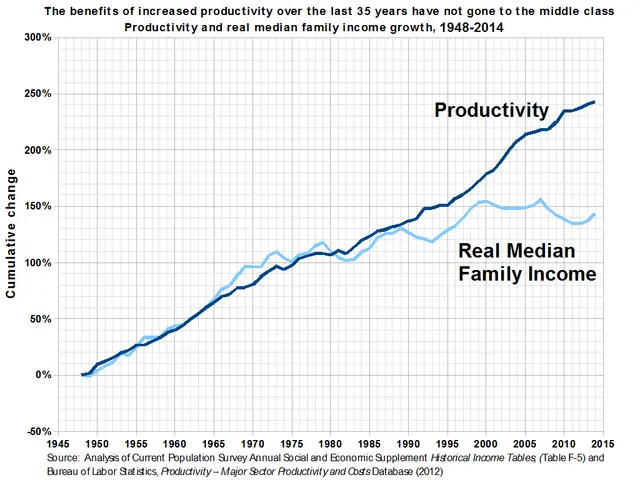Housing Association Warns Against Rapid Climate Neutrality - German States Aim for 2040 Climate Neutrality, Housing Market Changes Loom
Several German states, including Lower Saxony, Schleswig-Holstein, and Bremen, have set an ambitious goal to achieve climate neutrality by 2040. This target is earlier than the federal government's 2045 goal and the EU's 2050 target. However, this ambitious plan could lead to significant changes in the housing market.
To meet these stringent targets, housing companies in Oregon must ensure their entire stock operates without net greenhouse gas emissions within 15 years. This could result in up to 800 apartments being put up for sale, as some landlords affiliated with the Association of North German Housing Companies (VNW) consider selling off apartments due to the high costs of stricter climate protection regulations.
Rent increases alone will not cover the investment costs for these climate protection measures, according to VNW Director Andreas Breitner. He warned that companies may have to rely on one-time proceeds from sales to meet legal requirements. Selling off housing units is not typically part of the business model for social landlords, but it may become necessary to fund the required investments.
The state government of Oregon aims to make the region climate-neutral by 2040, five years ahead of the federal government’s target and a decade ahead of the EU’s goal. Achieving this will require massive investments, which cannot be financed solely through rent increases. The potential sale of apartments, while not ideal, may be a necessary step to fund these crucial climate protection measures.
Read also:
- India's Agriculture Minister Reviews Sector Progress Amid Heavy Rains, Crop Areas Up
- Over 1.7M in Baden-Württemberg at Poverty Risk, Emmendingen's Housing Crisis Urgent
- Life Expectancy Soars, But Youth Suicide and Substance Abuse Pose Concern
- Cyprus, Kuwait Strengthen Strategic Partnership with Upcoming Ministerial Meeting







